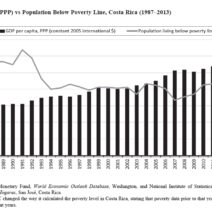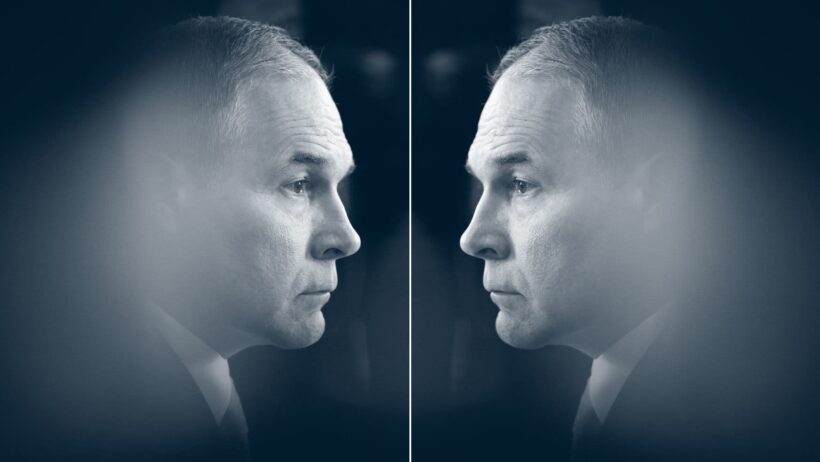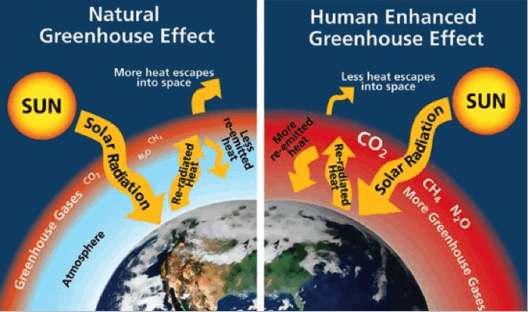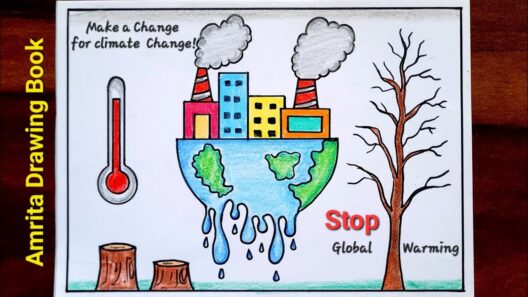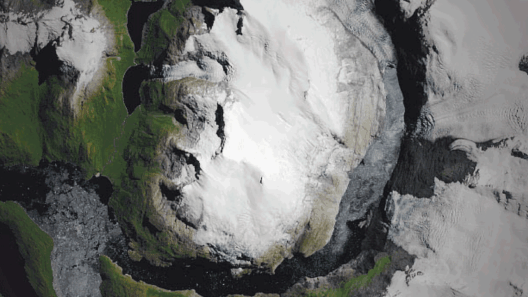Global warming presents an array of complexities and paradoxes, leading to an intriguing consideration: could the escalating threat of climate change catalyze the establishment of a one world government? This question, while seemingly fanciful, invites a serious dialogue about governance, international cooperation, and the urgent realities of climate science.
To tackle the inquiry at hand, one must first recognize the multifaceted nature of global warming. Human activities, particularly the burning of fossil fuels, deforestation, and industrial emissions, have significantly intensified the greenhouse effect, resulting in climate anomalies that reverberate around the globe. The rise in average temperatures, melting ice caps, and increasingly severe weather events paint a dire portrait of our planet’s future.
As the effects of global warming become more pronounced, the repercussions are not limited by national borders. These phenomena threaten food security, water resources, and biodiversity, creating a vortex of crises that could overwhelm individual nations’ capabilities to respond. Could this escalating scenario lead to the emergence of supranational governance structures? In theory, the urgency of climate action might necessitate unprecedented levels of collaboration, leading to a unified global response that rivals even the most ambitious international agreements.
Furthermore, the likelihood of climate-induced migration cannot be understated. As certain regions become uninhabitable, millions may seek refuge in more stable areas, prompting an influx of individuals into nations unprepared for such a demographic shift. Such a situation could potentially incite conflict over resources, making the case for a coordinated, global policy response increasingly compelling. The exigencies of climate change might thus serve as a catalyst for rethinking traditional sovereignty and border policies.
Additionally, the adaptation to climate change necessitates not only robust policies but also technological innovations that can be best achieved through cooperative frameworks. Think of renewable energy technologies, carbon capture mechanisms, and sustainable agricultural practices. These innovations require vast amounts of capital, research collaboration, and uniform regulatory standards that are far more attainable within a globally integrated political architecture. The future could witness nations ceding certain degrees of sovereignty to a collective entity that prioritizes environmental sustainability and public health over nationalistic agendas.
Yet, the road to a one world government, especially one motivated by climate action, is replete with challenges. First among these is the entrenched nature of nationalistic ideologies. These perspectives often prioritize short-term, domestic interests over the pressing need for long-term global solutions. To envision a unified global government in the face of rising nationalism feels paradoxical at best, and impossible at worst. The contentious political landscape demonstrates the vulnerabilities inherent in mobilizing public opinion towards collective action when immediate interests are threatened.
$It is also paramount to consider the potential ramifications of such a government. History has shown that centralizing power can lead to corruption, inefficiency, and a lack of accountability. A one world government, no matter how well-intentioned, could become susceptible to bureaucratic inertia or the influence of corporate interests that undermine the very goals it seeks to achieve. Would it be enough to simply strive for a united front against climate change, or would the unintended consequences of such centralization create larger disparities between wealthier nations and developing regions? Furthermore, there is the question of representation. Who gets a voice in the governance structure? This issue remains unresolved in many international forums today and could spell disaster in a global setup.
Moreover, the science itself poses another layer of complexity. The projections regarding climate change remain, by necessity, probabilistic and evolving. This uncertainty could hinder collective action, as nations may diverge in their interpretations of the implications of climate data. If we are to adopt a one world government model for environmental governance, how do we reconcile different understandings of climate science? This divergence could lead to conflicts that deepen rather than repair global divides.
Despite the challenges, the dialogue surrounding climate change does spur innovative ideas and proposals for governing structures that transcend national boundaries. Initiatives such as the Paris Agreement exemplify the power of international cooperation fueled by a shared understanding of climate goals. Although it falls short of the unified governance ideal, it serves as a significant step forward in creating frameworks for collective climate action.
In conclusion, while global warming may not directly lead to a one world government, it indeed poses existential questions about the future of governance and international cooperation. The threat of climate change necessitates conversations around collaboration, shared responsibility, and collective action. As nations grapple with the realities of climate impacts, the potential for integrative governance becomes progressively more pertinent. Could disaster be the key that unlocks a deeper level of cooperation? Or will it merely be another chapter in the complex narrative of humanity’s relationship with the planet? The answers remain elusive, but the exploration of these themes is critical for envisioning a sustainable future.
